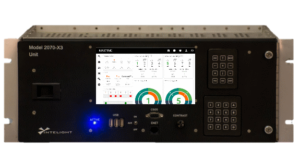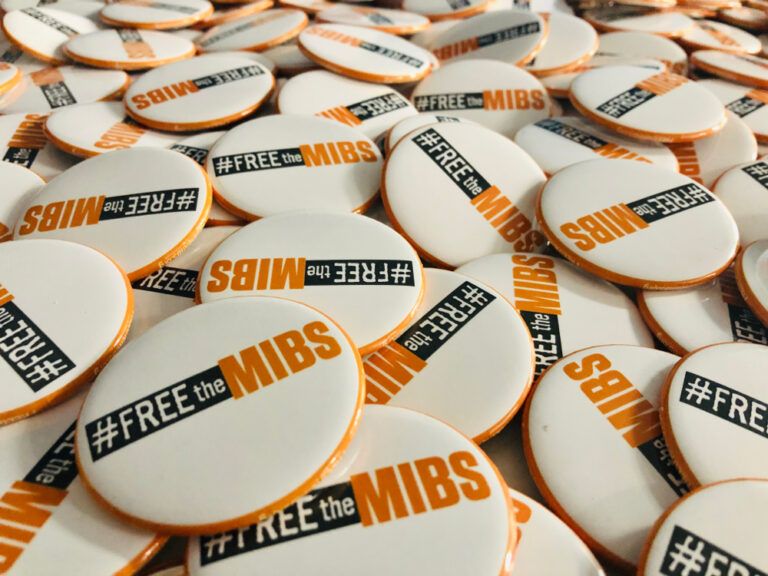Norwegian tolling and intelligent transportation systems (ITS) supplier Q-Free challenged the traffic management industry to help fuel Smart City innovation by launching a campaign for open standards in traffic control systems.
Q-Free has delivered a challenge to all traffic signal control companies to release their Management Information Bases (MIBs) in order to speed up innovation and reduce agency costs. The challenge and accompanying campaign called ‘FREE the MIBS’ (or #FREEtheMIBS), follows Q-Free’s unprecedented industry move this summer to release their manufacturer-specific MIBs to the company’s award-winning Intelight MAXTIME local controller software. That move underscored the company’s commitment to open standards which will fuel Smart City innovation and ultimately benefit the commuting public.
The company says openly sharing MIBs enables multi-vendor solutions to work, giving Departments of Transportation (DOTs) the freedom to select the best solution for their needs while avoiding being locked into a single vendor or paying integration fees. Not only does it protect an agency’s investment, it promotes fair and open competition, deterring price discrimination and preventing taxpayers from overpaying for transportation infrastructure.
MIBs provide a common language for central traffic management systems and transportation management devices to communicate. For traffic signal operations, the MIBs are used to manage traffic signals through the advanced transportation controllers (ATC) located in a cabinet on the roadside. While approximately 15-20% of the objects found in the MIBs for ATCs have been standardized (NTCIP 1201 and 1202 standards), the remaining 75-80% of the objects are manufacturer specific. This severely limits interoperability between devices and systems from different vendors and impedes customers from choosing the best available solutions from multiple vendors. Sharing MIBs freely between manufacturers and agencies can alleviate these problems and help rid streets of unnecessary congestion caused by a lack of choice.
As part of the campaign, the collaborative advocate FREEtheMIBS web site was unveiled along with an accompanying Twitter hashtag, #FREEtheMIBS. To help dispel some of the frequent myths about releasing proprietary MIBs, the campaign has dedicated a portion of its website to answering common misconceptions about the subject. Q-Free notes that the campaign is already gaining traction and will continue to recruit like-minded advocates, agencies, associations, vendors, and individuals, to join the initiative and lend their voices to the cause.
“This is a greater good case and we realized quickly that this issue was much bigger than us,” said Tom Stiles, executive vice president of urban solutions at Q-Free’s Intelight brand. “When every company operates with its own standards, states, cities, and the public lose. Proprietary MIBs are stifling innovation and forcing agencies to spend unnecessary money to manage traffic efficiently. The only way to get truly smart cities is to open these MIBs up so all technology pieces can communicate with each other.”
Stiles added, “Being compliant with the existing standards is not the same as being open. I understand the fear because you’ll no longer be able to lock cities down from a sales perspective. But our industry has lacked innovation for the last 15 to 20 years, and bigger tech companies will eat us all if we don’t work together to make ourselves more adaptive to the growing Internet of Things culture.”





